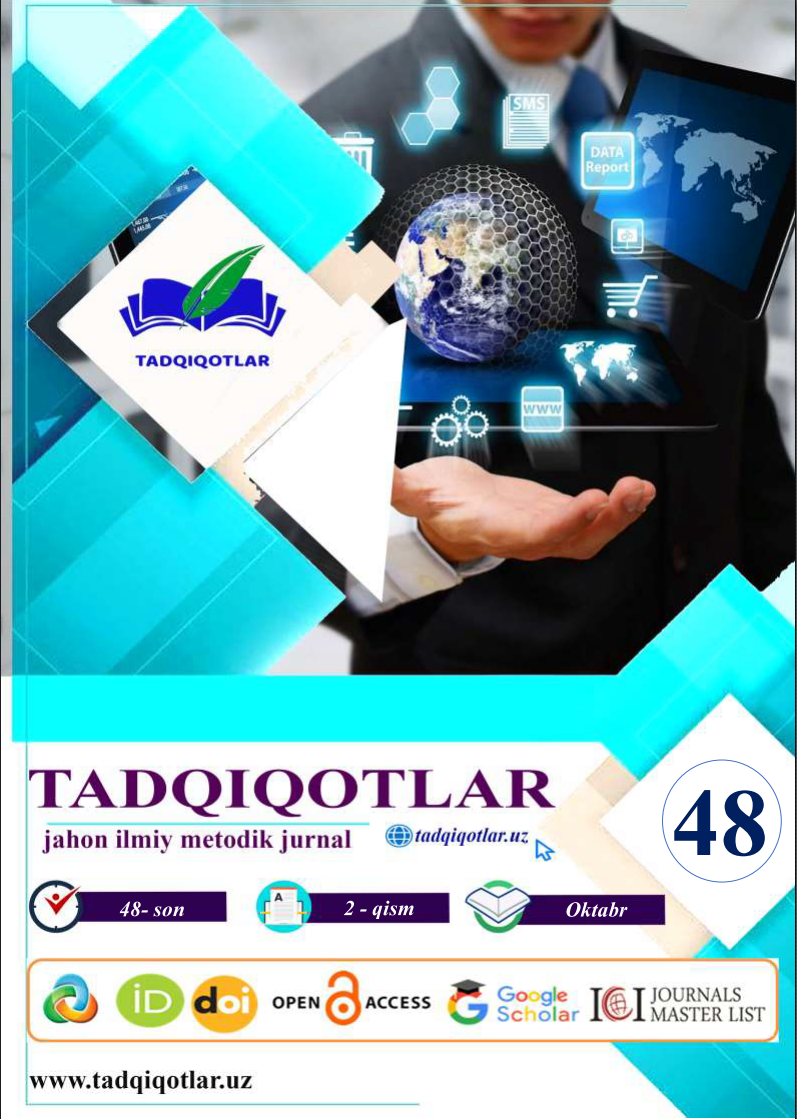THE ROLE OF CONTEXT IN TRANSLATION
Keywords:
Keywords: Translation, context, cultural context, social context, historical context, situational context, linguistic accuracy, cultural appropriateness.Abstract
Abstract.Translation is a multifaceted process that transcends the mere
substitution of words from one language to another. It requires a deep understanding
of various contextual factors that significantly influence meaning, including cultural,
social, historical, and situational contexts. Each of these contexts plays a crucial role
in shaping how translations are approached and executed. This article delves into the
importance of these contextual elements in translation and underscores the challenges
faced by translators in ensuring that the essence of the original message is accurately
conveyed to the target audience. By examining these factors, the article aims to
highlight the complexities involved in producing translations that are not only
linguistically accurate but also culturally and contextually appropriate.
References
References
1. Baker, M. (2006). Translation and Conflict: A Narrative Account. Routledge.
2. Goffman, E. (1967). Interaction Ritual: Essays on Face-to-Face Behavior.
Pantheon.
3. Venuti, L. (2012). The Translation Studies Reader. Routledge.
4. Kärrholm, M. (2012). “The Role of Localization in Translation.” Translation
Studies, 5(1), 34-51.




